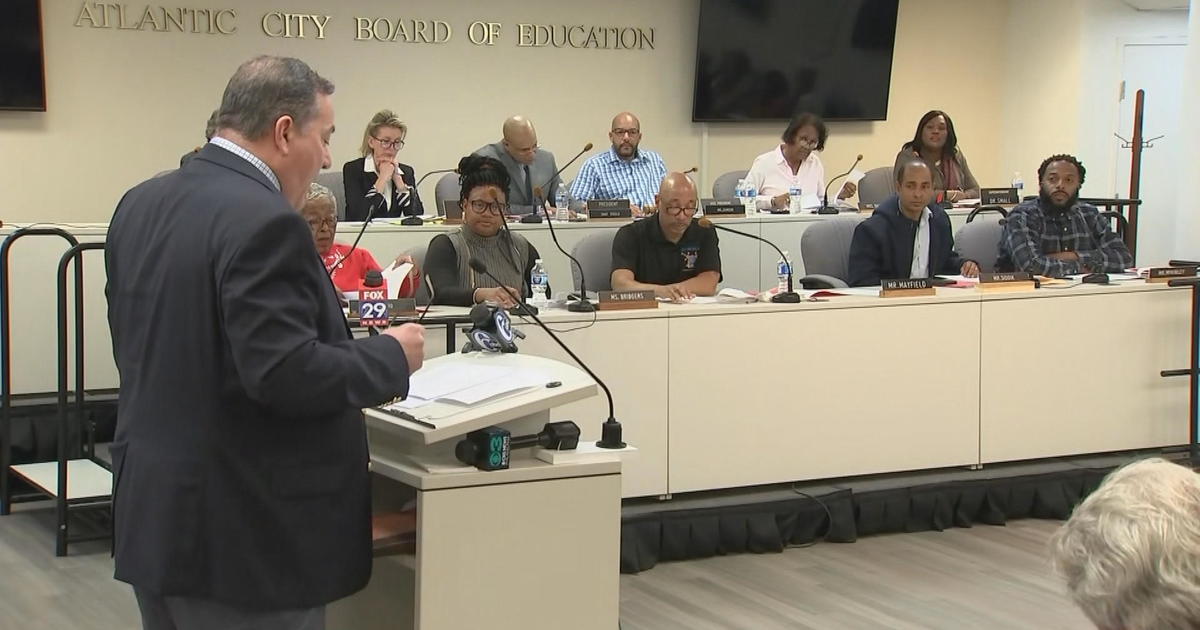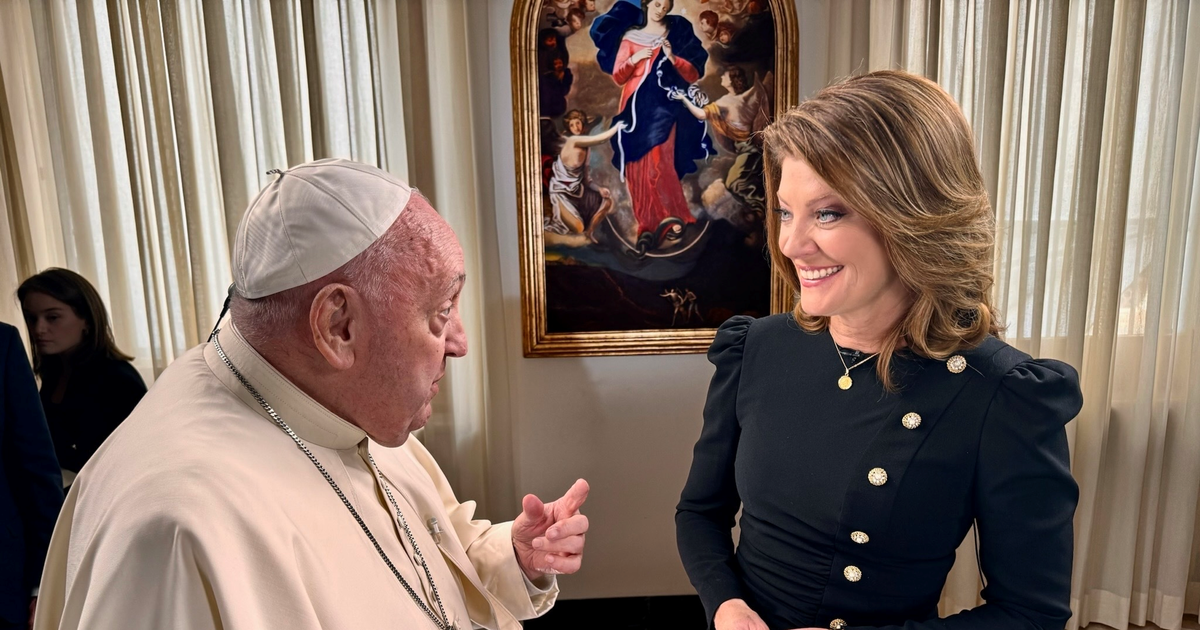Washington Watch: The War Powers Resolution
By Arlen Specter
A key issue in Washington this week is the conflict between Congress and the President over the application of the War Powers Resolution to US military action in Libya. The Constitution gives Congress the exclusive authority to declare war. The Founding Fathers decided that Congress had the best feel for the public's willingness to support a war and they were concerned about the President's unilaterally engaging in unwise military conflicts.
The President's Constitutional authority as Commander in Chief has historically been extended to engage the United States in what amounts to war. President Truman ordered troops into action in the Korean War in 1950 without a Congressional declaration of war. Presidents Lyndon Johnson and Richard Nixon engaged our Nation in the Vietnam War without Congressional authorization.
In response to Vietnam, Congress passed the War Powers Resolution in 1973 over President Nixon's veto. The Resolution provided that the Presidential authority to order U.S. troops into "hostilities" was limited to ninety days and had to be withdrawn unless authorized by Congress. The United States has now been engaged in Libya for more than ninety days by supporting NATO with air power in the early days and continuing to attack Qaddafi's forces with drones. The Attorney General and the Assistant Attorney General for the Office of Legal Counsel have advised President Obama that the War Powers Resolution applies to Lybia. President Obama has disagreed and refuses to comply with the Resolution.
The House of Representatives is considering a resolution to withhold funds or at least condition funding for U.S. military action in Libya. On the Senate side, Senator John Kerry, Chairman of the Foreign Relations Committee, and Senator John McCain, ranking Republican on the Armed Services Committee, are proposing a resolution to authorized continuation of U.S. military action in Libya.
I agree with the Attorney General that the War Powers Resolution applies. The ability of the United States to sustain a war requires public support. The 435 members of the House and 100 members of the Senate have a much better feel for public opinion than the President who is pretty much isolated in the White House. With the enormous federal deficit and the current pressure to increase the debt limit, the American public, reflected in the polls, is understandably unwilling to continue expenditures which are in excess of $700 million and threaten to exceed $1,000,000,000 in the next several months.
It is doubtful that Congressional action will stop the President from his current course. A Congressional resolution demanding withdrawal of U.S. forces would almost certainly be vetoed by the President and it is highly unlikely that a veto would be overturned by a two-thirds majority in each house. Notwithstanding that factor, votes in the House and Senate should be held and could be influential on the President's future action. He is on precarious ground in light of the Attorney General's opinion and public opinion is reflected in the polls.
"Washington Watch" will keep abreast of developments on this important controversy with follow up reports.



